Quake survivor women say their needs forgotten during elections
The Feminist Solidarity for Disaster and Woman State of Soliditary Association (DAKAHDER) in the tent city set up by volunteers in quake-torn Adıyaman’s Narlıkuyu district stated that the needs of earthquake victims are not over. They said that most of the women quake victims’ special needs were forgotten during the election process in the country.
Evrim Deniz / Gazete Duvar
The two major earthquakes that struck Kahramanmaraş on February 6, 2023 affected a vast region of approximately 13.5 million people in 11 provinces in Turkey’s southeastern region. According to official figures, 50,783 people lost their lives, and nearly 5,650,000 houses were damaged. After the earthquakes, many people were forced to live in tent cities, and they have been still experiencing problems regarding accessing basic needs.
The warming weather created new problems in Adıyaman, one of the provinces devastated by earthquakes. With the onset of sweltering heat in the region, the need for cooling the tents also arose.
Women volunteers stated that the volunteer and material support that could be provided in the early stages of the earthquake decreased day by day. They added that the needs in the earthquake zones were ignored due to the interruption of the elections.
Feminist Solidarity for Disaster
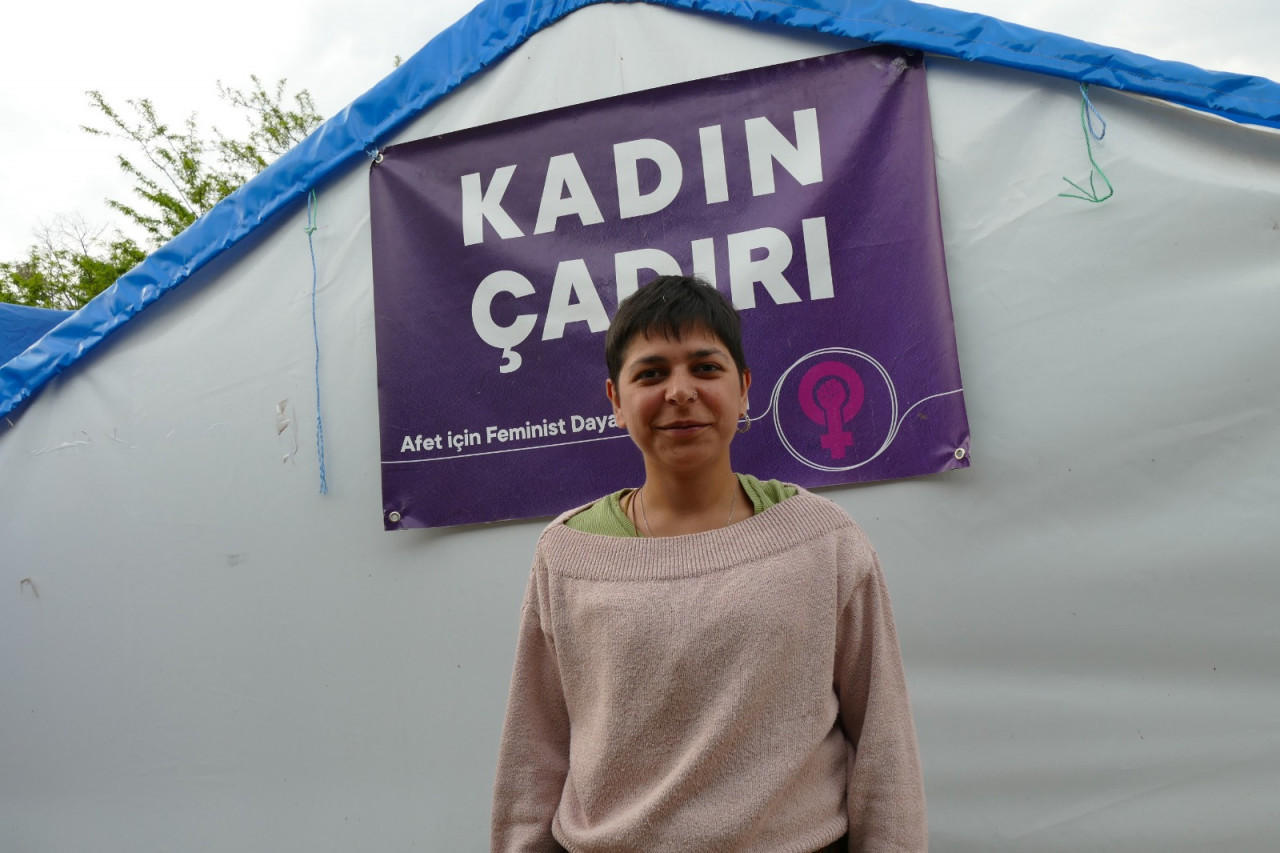
Birgül Karakaş from Feminist Solidarity for Disaster said that they have set up special tents for women and children and added, “Especially the time children spend in the tents where activities are organized for them has created a lot of space for women in the region.”
Since the first days, hygiene materials have been the biggest need in the quake zone. Pads, diapers, and summer clothes are also very much needed. Especially older women cannot find plus-size clothes. As the weather gets warmer, insecticides become a crucial need in the tents, according to Karakaş.
Karakaş stated that the fact that the toilet areas are far from the tent camps poses a problem for the safety of women and that the lack of lighting in the city and tent cities also undermines the safety of women.
Karakaş said that women continue to move to the tent camp established by volunteers due to the strong solidarity networks. She also added that clean drinking water is one of the most basic needs in Adıyaman as there is no municipal water supply.
Woman State of Soliditary Association
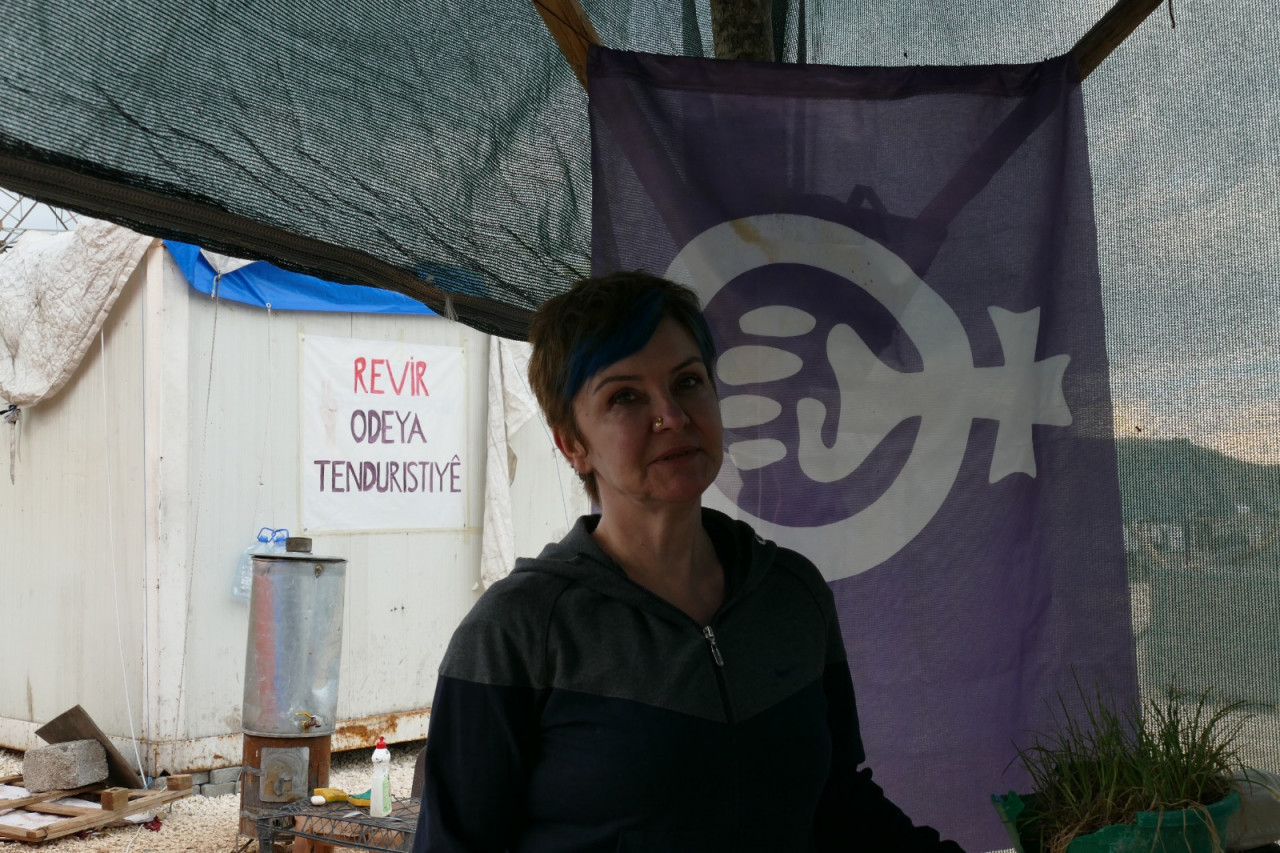
Woman State of Soliditary Association (DAKAHDER) has also been on the filed with volunteer women from day one to provide basic needs such as shelter, hygiene materials, food, and drinking water in earthquake zones.
Sevda Çetinkaya from DAKAHDER stated, "Gender inequality is reorganized through women's lives in the aftermath of disasters. The first response after the earthquake was organized without considering the specific needs of women. Women's organizations, gender studies groups, and feminists acted independently and established solidarity groups to meet these needs."
Çetinkya said that many women in the villages and tent camps need psychological support and added, “Some women said they were ashamed to survive after the catastrophe, unable to mourn their loss, or even to cry. Many have symptoms of depression. Women cannot share their anxieties and fears with their families, they are isolated, and they have trouble sleeping.”
Life is not easy for women who had to start from scratch in tents after the earthquake. There is already a division of labor in the tents that reinforces gender roles and inequality. Women who have suffered losses in the earthquake are expected to continue their pre-earthquake responsibilities such as childcare and cleaning in the tent, according to Çetinkaya.
Referring to the negative reactions against the survivors due to high support for the government in the May 14 elections, Çetinkaya said, "The disappointment and anger in the country after the May 14 elections were directed towards the earthquake victims living in the disaster areas. However, humanitarian aid and solidarity are unconditional and gratuitous, they do not discriminate.”
(English version by Can Bodrumlu)

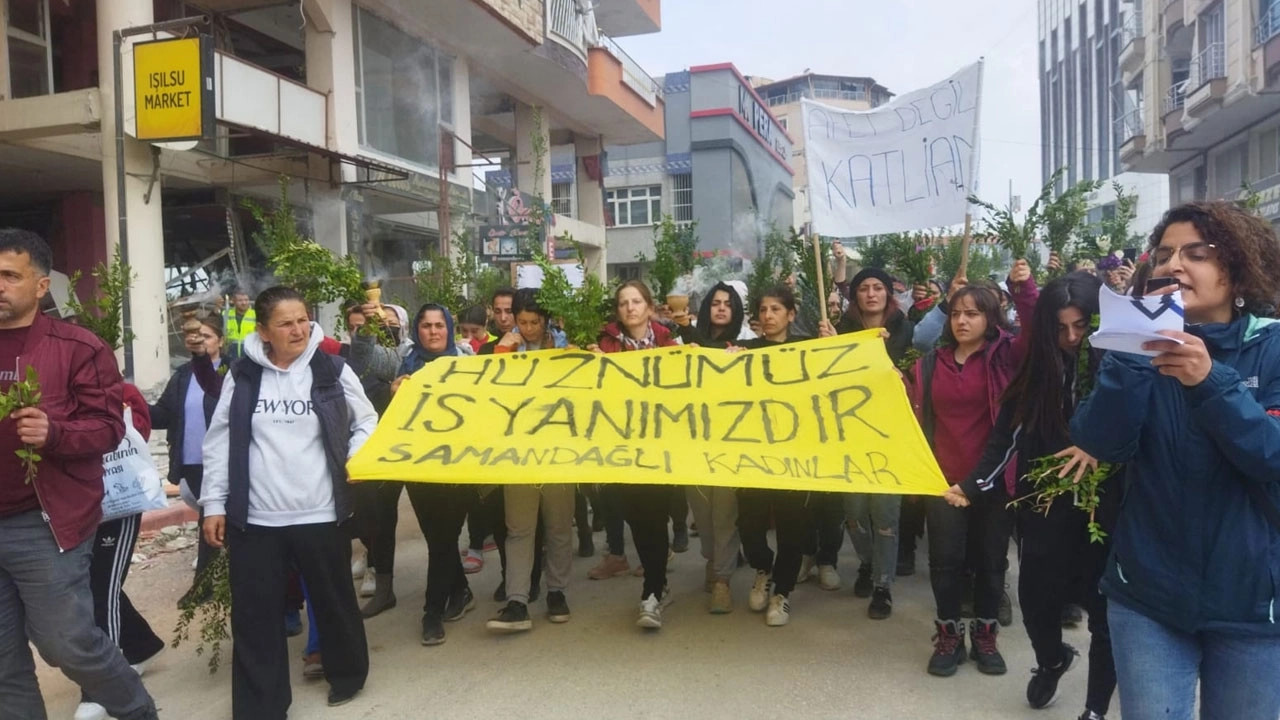 Women in Hatay march with incense burners to commemorate 40th day of earthquakesDomestic
Women in Hatay march with incense burners to commemorate 40th day of earthquakesDomestic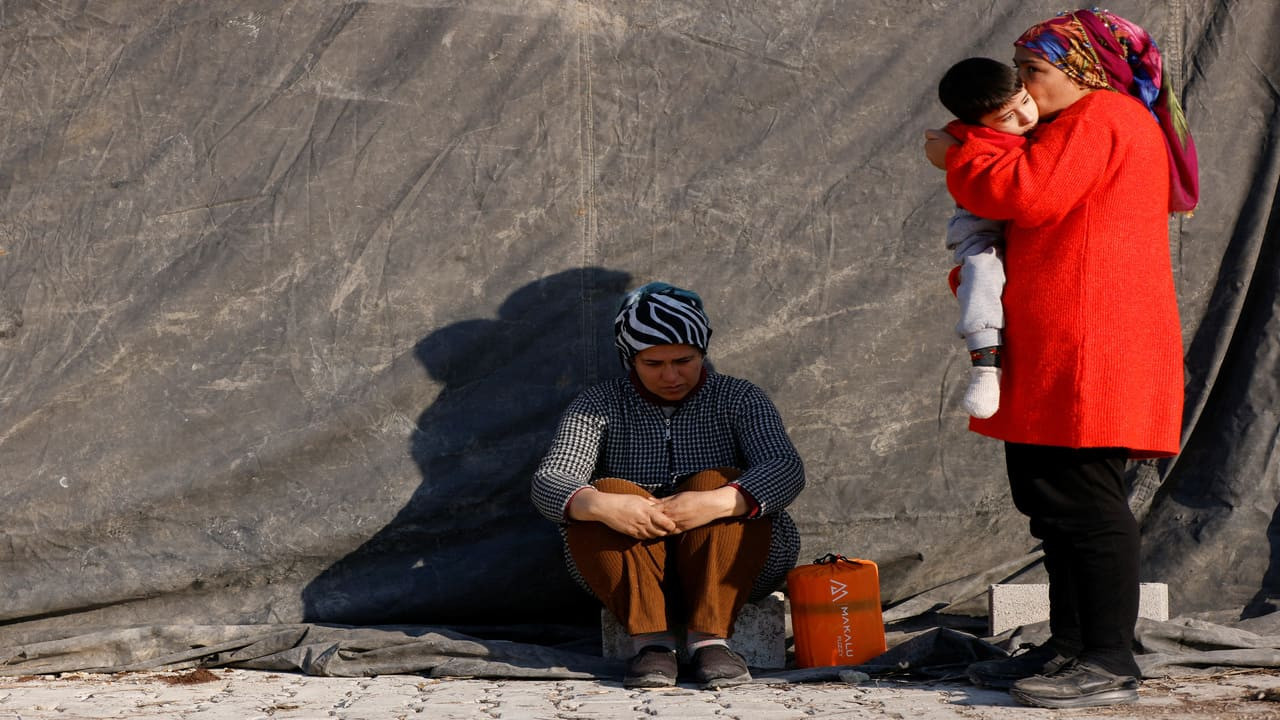 Women and LGBTI+s disproportionately affected by post-earthquake conditionsHuman Rights
Women and LGBTI+s disproportionately affected by post-earthquake conditionsHuman Rights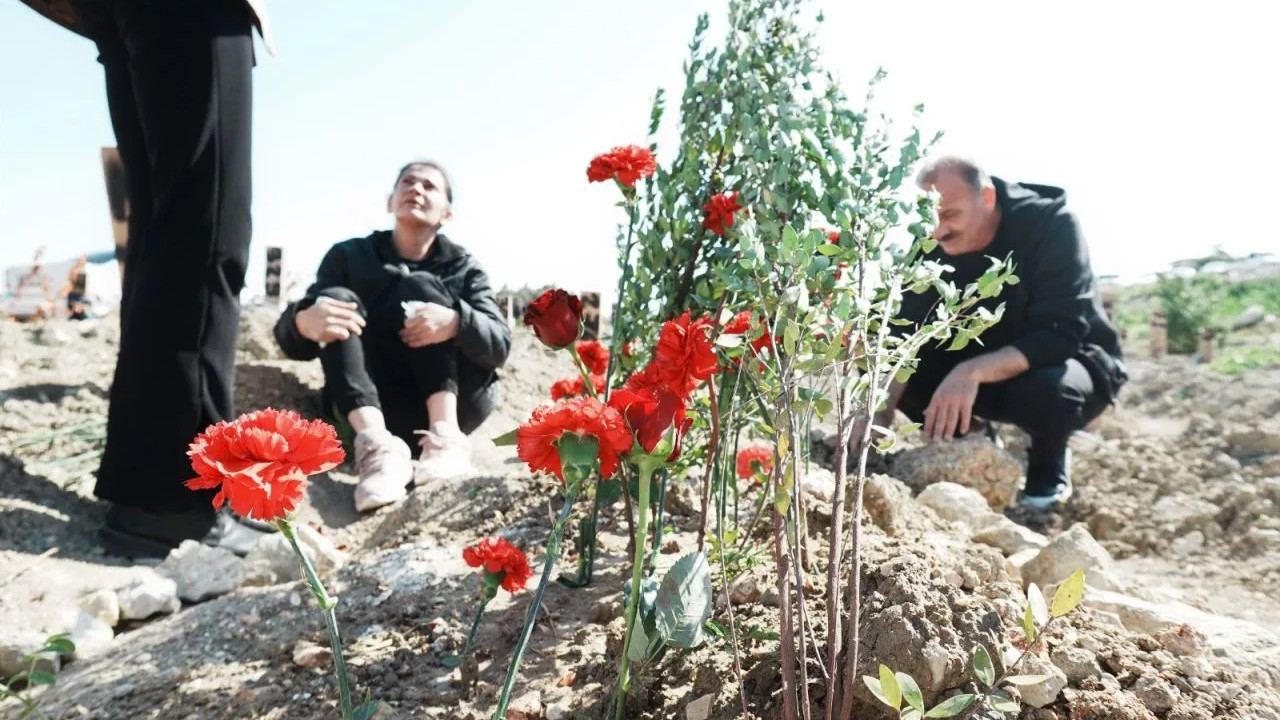 Quake victims’ families visit graves on first Eid al-Fitr after disaster: 'God gave us great pain'Domestic
Quake victims’ families visit graves on first Eid al-Fitr after disaster: 'God gave us great pain'Domestic